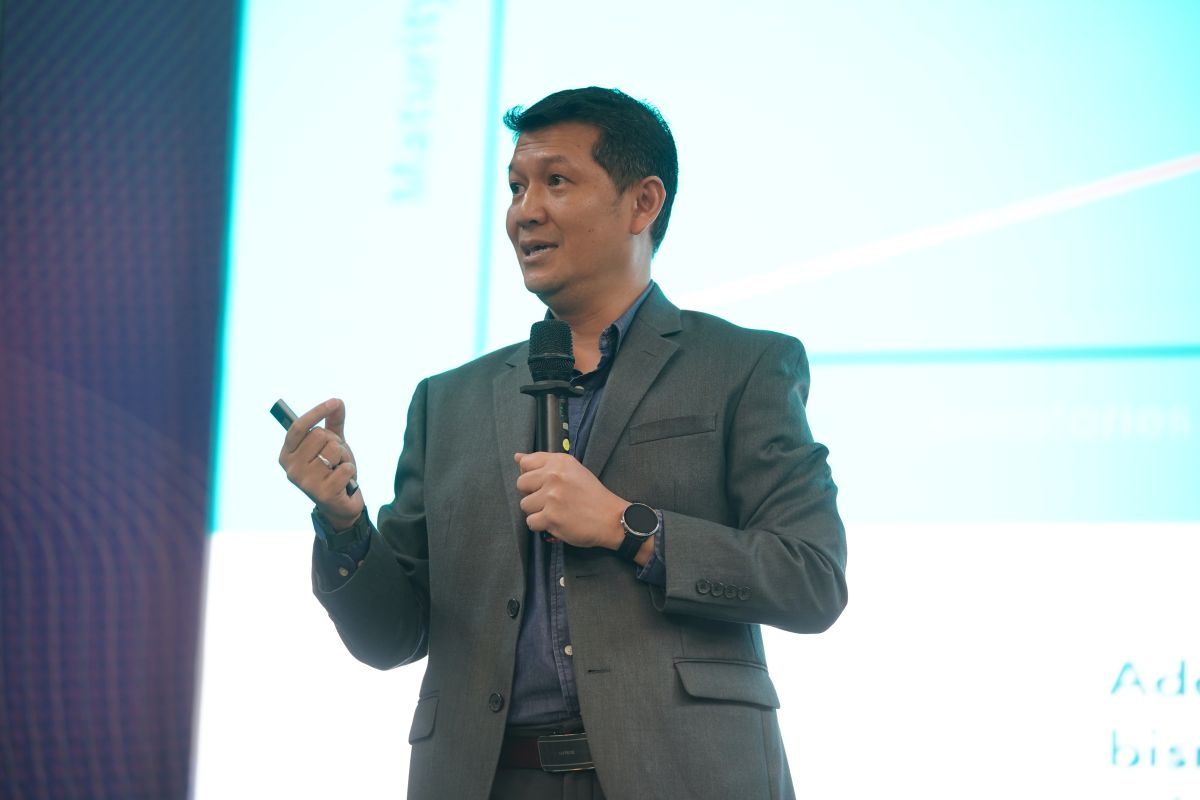Webinar Recap: Strategies for Inclusive Settlement Provision
By Hafsah Restu Nur -
Editor M. Naufal Hafizh, S.S.

BANDUNG, itb.ac.id - The School of Architecture, Planning, and Policy Development at Institut Teknologi Bandung (SAPPD ITB) held its second webinar session titled "Housing Development in the Context of Sustainable and Inclusive Urban Planning" on Thursday, May 30, 2024, at Multipurpose Room, 6th Floor, Labtek IXA, SAPPD ITB. One of the speakers was Rizki Kusrulyadi, S.T., M.M., Head of Housing and Settlement Area Agency (DPKP) of Bandung City.
He presented strategies for providing inclusive settlements for all in his presentation titled "Strategies for Inclusive Settlement Provision for All." According to him, equal access to decent housing, transportation, clean water, sanitation, and other public facilities is crucial for all city residents, including vulnerable groups such as people with disabilities, children, and the elderly.
The provision of inclusive settlements is part of the vision outlined in Bandung City's RPJP 2005-2025 and RPD 2024-2026. Targets include reducing slum areas, improving housing quality, and expanding coverage of clean water and domestic wastewater services.
Current issues in urban planning and settlement management in Bandung include low levels of adequate housing provision, declining environmental quality in residential areas, and the lack of integration between housing development and infrastructure, facilities, and utilities.
"The main challenge in Bandung City is the increasing housing backlog, primarily due to population growth not being matched with adequate housing provision," he stated.
To address these issues, DPKP Bandung City has various programs and activities, such as disaster victim housing construction and rehabilitation, management guidance for public housing and special housing units, issuance of permits for housing development, and slum prevention efforts.
Several challenges in achieving inclusive settlement goals include the emergence of new slum areas, insufficient raw water quantities, and limited budgets. Therefore, solutions proposed include vertical development (high-rise apartments), partnerships with other parties for water management, and budget optimization from sources other than local government funds.
"Improving housing quality is a complex process that requires strong collaboration among stakeholders, including government, private sector, and community," he emphasized.
By addressing these challenges and implementing strategic solutions, Bandung City aims to enhance living conditions and ensure inclusive development for all residents.



.jpg)

.jpg)

